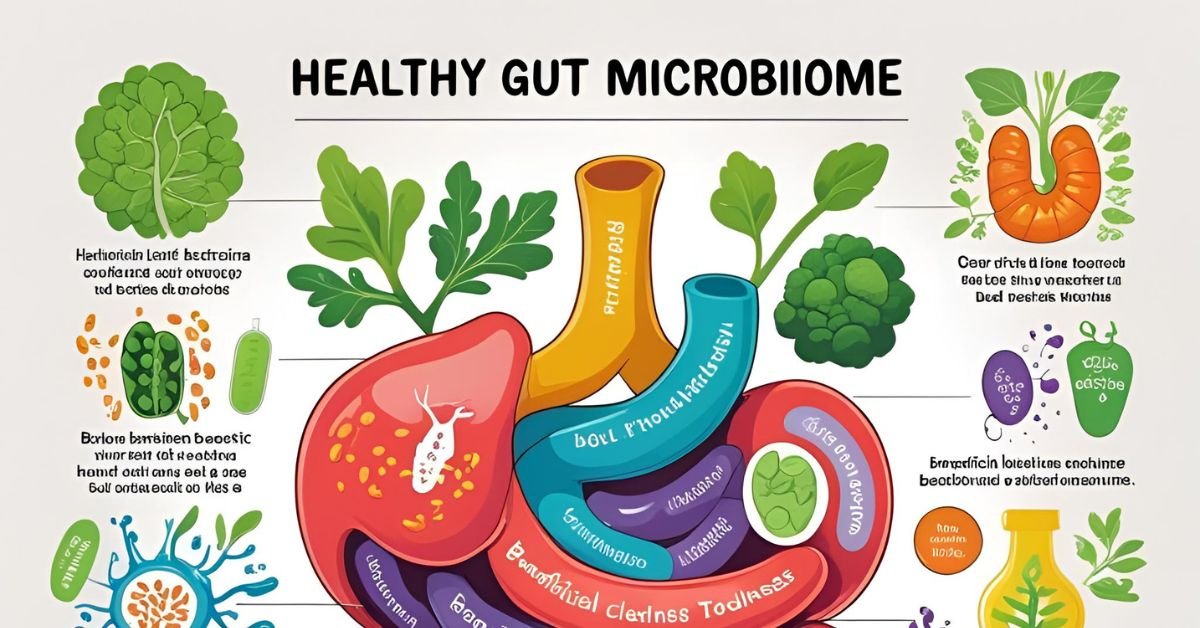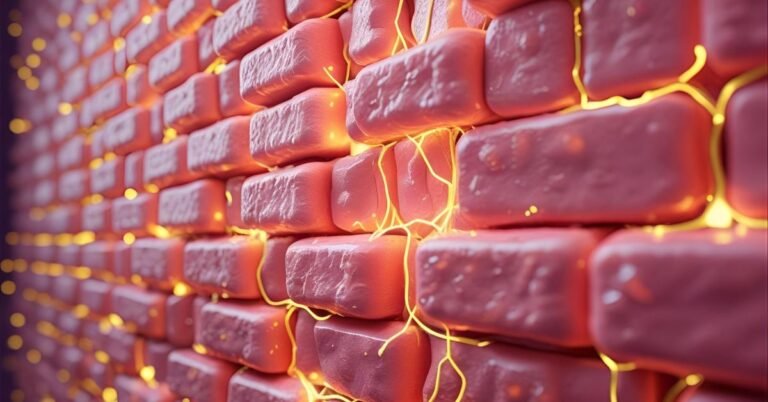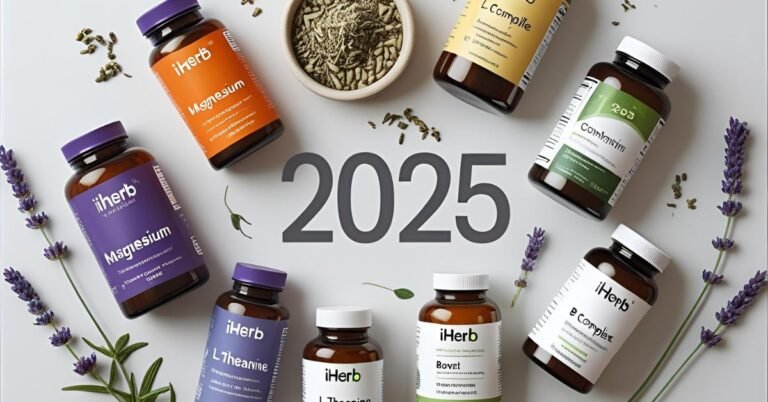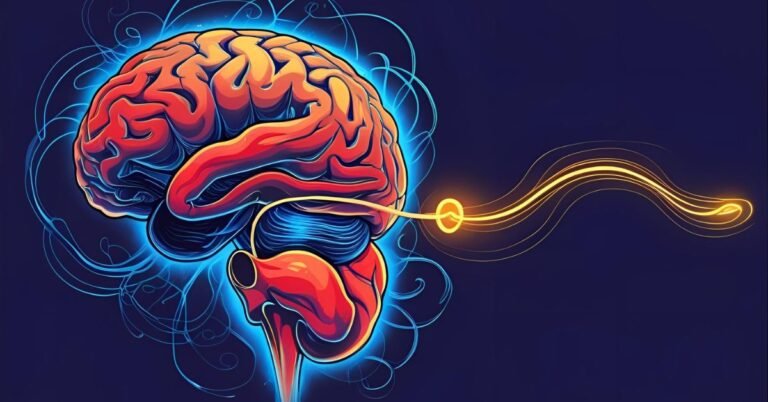What Kills Bad Gut Bacteria? 7 Ways to Restore Your Microbiome ✨🦠
Unmasking the Unwanted: How to Tackle Imbalances for Optimal Health 🚀
Our gut is a bustling ecosystem, home to trillions of microorganisms, both beneficial and harmful. When the “bad” bacteria outnumber the good, it can lead to a range of uncomfortable symptoms and even impact overall health. If you’ve been wondering what kills bad gut bacteria and how to restore balance, you’re in the right place. This guide will walk you through effective strategies, from dietary changes to targeted supplements, to help you reclaim a healthy, thriving microbiome.
Table of Contents
Understanding Gut Dysbiosis: When Bad Bacteria Take Over 🤔
Before we dive into what kills bad gut bacteria, it’s important to understand what happens when these unwanted guests proliferate. This imbalance is known as gut dysbiosis. Factors like a poor diet high in sugar and processed foods, antibiotic use, chronic stress, lack of sleep, and environmental toxins can all contribute to an overgrowth of harmful bacteria. Symptoms often include:
- Bloating and gas
- Diarrhea or constipation
- Abdominal pain
- Food sensitivities
- Fatigue
- Skin issues
- Mood changes
Addressing dysbiosis is crucial for alleviating these symptoms and supporting your overall well-being.
Dietary Strategies: Starving the Bad, Feeding the Good 🍽️
One of the most powerful ways to influence your gut microbiome is through your diet. To reduce harmful bacteria and promote beneficial ones, focus on these strategies:
- Reduce Sugar and Processed Foods: Bad bacteria thrive on sugar. Limiting added sugars, refined carbohydrates, and processed foods can significantly starve these unwanted microbes.
- Increase Fiber Intake: Fiber acts as a prebiotic, feeding your beneficial gut bacteria. Incorporate a variety of high-fiber foods like fruits (berries, apples), vegetables (broccoli, leafy greens), legumes (lentils, beans), and whole grains (oats, quinoa).
- Consume Fermented Foods: These are natural sources of probiotics, introducing good bacteria directly into your gut. Examples include:
- Yogurt (with live active cultures)
- Kefir
- Sauerkraut
- Kimchi
- Kombucha
- Tempeh
- Include Garlic and Onions: These allium vegetables contain prebiotics and compounds that can help inhibit the growth of certain harmful bacteria.
- Opt for Lean Proteins and Healthy Fats: Support overall gut health with lean protein sources like chicken, fish, and plant-based proteins, along with healthy fats from avocados, olive oil, and nuts.
Targeted Supplements: Your Allies in Gut Restoration 💊
While diet is foundational, certain supplements can provide a powerful boost in your efforts to get rid of bad gut bacteria and restore balance.
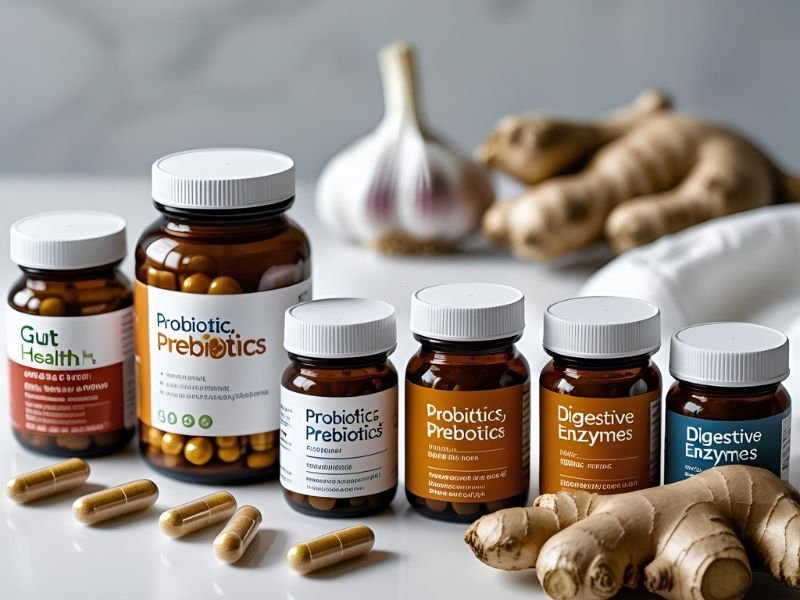
- Probiotics: These introduce live beneficial bacteria directly into your gut, helping to crowd out harmful strains. Look for multi-strain formulas with high CFU counts.
- Action: They compete with bad bacteria for resources and attachment sites, and some strains even produce antimicrobial compounds.
- Recommendation: For a comprehensive guide on choosing effective probiotic supplements, check out our article: The Best Probiotic Supplements on iHerb in 2025 (A Detailed Review). You can find many of the best probiotics on iHerb Reddit communities also recommend.
- Prebiotics: These are non-digestible fibers that act as food for your good gut bacteria, helping them to flourish.
- Action: By nourishing beneficial bacteria, prebiotics indirectly help suppress the growth of bad bacteria.
- Sources: Inulin, FOS (fructooligosaccharides), GOS (galactooligosaccharides) are common forms found in supplements.
- Digestive Enzymes: If you have trouble breaking down food, digestive enzymes can help, reducing undigested food that bad bacteria might ferment.
- Action: Improved digestion means less food for harmful bacteria to feed on in the lower gut.
- Herbal Antimicrobials: Certain herbs possess natural antimicrobial properties that can target specific harmful bacteria. These should be used under the guidance of a healthcare professional.
- Examples: Oregano oil, berberine, grapefruit seed extract.
- Caution: These are potent and should not be used indiscriminately.
Lifestyle Adjustments: Beyond Diet and Supplements 🧘♀️
Beyond what you eat and supplement with, your daily habits play a significant role in your gut health.
- Manage Stress: Chronic stress can negatively impact your gut microbiome. Incorporate stress-reducing practices like meditation, yoga, deep breathing, or spending time in nature.
- Prioritize Sleep: Aim for 7-9 hours of quality sleep per night. Poor sleep can disrupt gut flora balance.
- Stay Hydrated: Water is essential for healthy digestion and nutrient absorption.
- Regular Exercise: Physical activity can positively influence gut diversity and function.
- Limit Antibiotic Use: While sometimes necessary, antibiotics can wipe out both good and bad bacteria. Discuss alternatives with your doctor when appropriate, and always follow up with probiotics after a course of antibiotics.
- Avoid Unnecessary Chemicals: Minimize exposure to pesticides, herbicides, and other environmental toxins that can harm your gut.
Conclusion: Your Journey to a Balanced Gut Starts Now 🏁
Understanding what kills bad gut bacteria is the first step towards a healthier, more balanced microbiome. By adopting a diet rich in whole foods and fiber, incorporating targeted supplements like probiotics and prebiotics, and making conscious lifestyle choices, you can effectively reduce harmful microbes and foster a thriving internal ecosystem. Remember, consistency is key, and listening to your body’s signals will guide you on your path to optimal digestive health. Embark on your gut health journey today!
(As an affiliate, we may earn a commission from purchases made through links on this page, including affiliate links to iHerb probiotics.)
Why Trust This Review?
At BellyBrainBed.com, our recommendations are rigorously founded on extensive research, detailed analysis of user experiences, and an unwavering commitment to providing transparent, evidence-informed health information. We diligently sift through anecdotal evidence and meticulously cross-reference it with established scientific understanding to present you with a balanced, comprehensive perspective. Our core mission is to empower you to make highly informed and confident decisions regarding your personal health and wellness journey.
FAQ Section
Q1: Can probiotics alone get rid of bad gut bacteria? A1: While probiotics introduce beneficial bacteria that can help crowd out harmful ones and restore balance, they are most effective when combined with a healthy diet and lifestyle. Addressing the root causes of bad gut bacteria overgrowth, such as poor diet or stress, is crucial for long-term success.
Q2: How quickly can I see results after starting a gut-healing protocol? A2: The timeframe for seeing results can vary significantly depending on the individual, the severity of the imbalance, and the consistency of the protocol. Some people may notice improvements in a few days to weeks, while for others, it might take several months to achieve significant changes. Patience and consistency are key.
Q3: Are there specific foods that bad gut bacteria thrive on? A3: Yes, bad gut bacteria tend to thrive on simple sugars, refined carbohydrates, and highly processed foods. A diet high in these can fuel their growth and contribute to an imbalance in the microbiome. Limiting these foods is a critical step in reducing harmful bacteria.
About the Author
This article was researched and written by the BellyBrainBed Editorial Team. Our team is composed of certified health coaches, nutritionists, and wellness enthusiasts dedicated to providing accurate, evidence-based information to help you achieve optimal health. We believe in transparency and trust, and every piece of content is rigorously checked to meet our high standards. Learn more about our mission on our About Us page.
